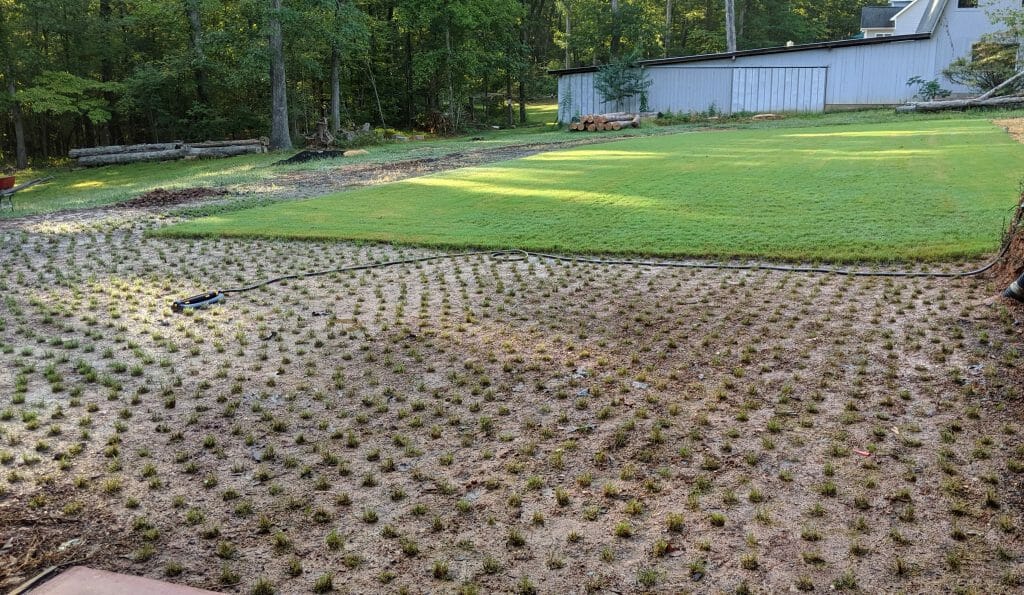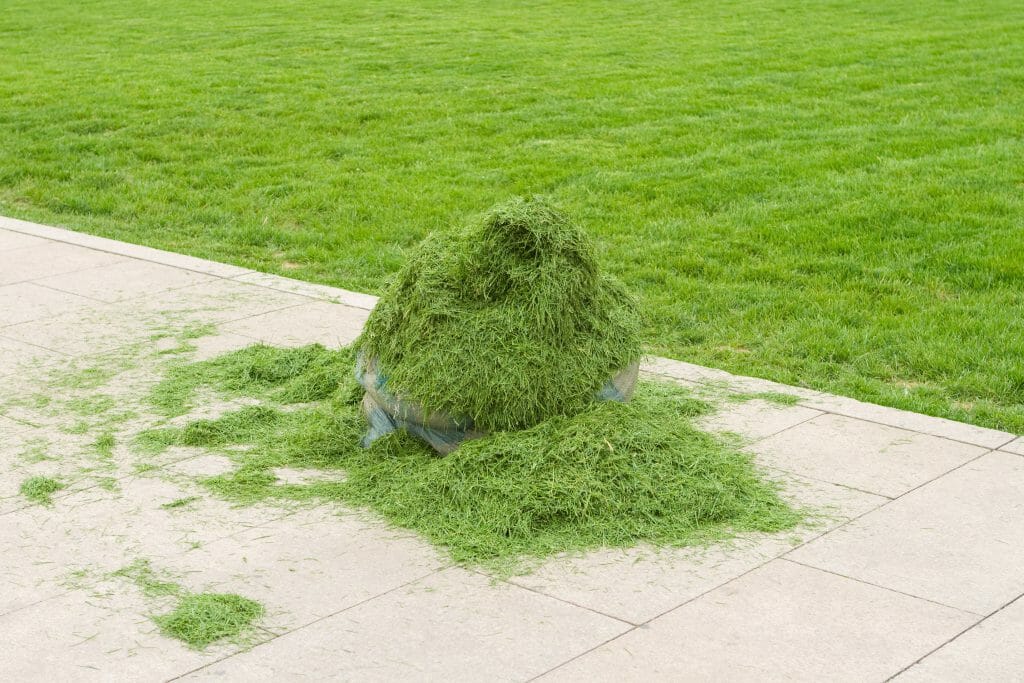If you have a dog, it’s essential to ensure that your yard is free of parvo. This deadly virus can cause severe illness and even death in dogs.
How to test your yard for parvo? You don’t necessarily test your yard for parvo, you’ll need to test your dogs using the fecal elisa antigen test, complete blood count test, polymerase chain reaction test, or VETSCAN parvo rapid testing.
Don’t worry, though! Today, I’ll explain how to test your yard for parvo and how to protect your pet from this dangerous virus.
How to Test Your Yard for Parvo: 4 Tests
Fecal Elisa Antigen Tests
Fecal Elisa antigen tests are a type of stool sample test used to detect the presence of parvo in your yard, although no one likes dealing with stool samples, this is the easiest and most common way to test for parvovirus.
You’ll need to collect samples from areas where you suspect your pet may have come in contact with the virus, such as your yard, dog parks, or public places. Once collected, they must be sent off to a lab for testing.
The process uses an enzyme and immunological molecules, so the weather or other outside conditions do not influence it. If there is no reaction to the antigen, that’s excellent news, your pet does not have parvovirus, and no treatments are needed!
However, if there’s a positive result, more testing will be needed and consultation with a vet immediately.
Complete Blood Count (CBC) Testing
Complete Blood Count testing is a bit more complicated and will require an appointment with your local vet. You’ll need to take your little friend in, the vet will take a blood test, and that’ll give a strong indication of parvovirus.
If the cell count is slow, unfortunately, it’s likely your dog has parvovirus, and they’ll need treatment ASAP.
Polymerase Chain Reactions (PCR) Testing
Polymerase Chain Reactions testing is an advanced way to test your dog for parvovirus. It works by amplifying the DNA of the virus, allowing for more accurate results and faster diagnoses.
It’s highly recommended if your pet has been exposed to parvo or if you’ve seen any symptoms in them. This method can be more expensive than the others, but it’s worth it for peace of mind.
This is another stool sample-based method, and results can take up to a few weeks. If you notice any strange behavior in your dog or are concerned, get in touch with a vet.
VETSCAN Parvo Rapid Testing
VETSCAN Parvo Rapid Testing is another simple way to test your pet for parvovirus. It’s an antibody-based rapid test that can detect the disease within minutes.
This type of testing is great if you need results fast; it’s also easy to do at home as it requires only a small fecal sample. Results are given in 10-15 minutes, so you’ll know what to do next if the test is positive.
The Sad Truth About Parvovirus
It’s incredibly easy to get swept up in a panic when learning about parvovirus, but the sad truth is that it’s essentially everywhere in our environment, the goal is to reduce the risk of contamination, not trying to avoid it altogether.
If you follow basic hygiene with your dog, avoid animals you don’t know about, change or clean your footwear in high-traffic, high-risk areas and ensure you keep building your pup’s immune system, chances are you’ll avoid parvovirus altogether.
How Do I Make Sure my Yard is Parvo Free?
Once you’ve tested your dogs for parvo, how can you protect your pet from this virus?
First and foremost, make sure that your pet is vaccinated against the virus. Vaccinations should be given every year as a precaution.
Always clean up after your dog! If your dog, or any other for that matter, has had the parvovirus, the virus is again released into your yard every time they defecate.
When I say clean up after your dog, I really mean it. Wear gloves, use a pooper scooper, clean the area they defecated in with a watered-down bleach mixture, and once you’re finished, clean your own shoes and the pooper scooper with bleach and water.
How do I Disinfect my Yard After Parvo?
If your pet does have parvovirus, it’s essential that you disinfect your yard as soon as possible.
Start by removing any grass and soil from the area where your pet defecated or may have come in contact with the virus. These must be disposed of appropriately; whatever else is left needs to be disinfected.
The easiest and most effective way to do this is with a solution of one part bleach to 30 parts water. It’s best to use a spray bottle for easy application and cover the entire area.
Allow the soil to air dry in full sun before allowing your pet back into the area.
If you don’t want to use bleach, there are other options.
- Rescue disinfectant – this is an enzyme-based product that can be used on grass and soil surfaces.
- Sniper hospital disinfectant – this is a chemical-based product that can be used to disinfect hard surfaces, it’s commonly used in hospitals, so you know you can trust it!
- Virkon-S broad spectrum disinfectant – this is a plant-based disinfectant that can be used on both grass and hard surfaces.
No matter how much you try, it’s not possible to completely 100% eliminate the risk of parvovirus in your yard, but if you follow these steps, your pet should stay safe.
Can Parvo Survive on Grass?
Yes, parvovirus can survive on grass. It’s important to remember that the virus is incredibly hardy and can remain in the soil or on grass for up to nine years, you heard me, nine!
When it comes to how much of a risk this poses, it depends largely on how often dogs are using the area and how well you’ve managed to clean the grass of any virus particles.
If you’ve been diligent with your yard maintenance, there should be no issues with your pup picking up the virus from grass. However, it’s important that you keep an eye on how often dogs are using the area and how well you are cleaning the grass.
Ultimately, if you want to test your yard for parvo, the best way is to take a sample of the soil and have it tested.
Frequently Asked Questions:
Can parvo live on concrete?
Yes, parvo can live on soil for up to a year. It’s important to use a bleach solution to clean the concrete, regular household cleaners will not be strong enough.
How long does parvo live in the soil?
Parvo can survive in soil for up to nine years.
Conclusion
The best way to test your yard for parvo is to take a soil sample and have it tested.
However, there are other ways you can disinfect your yard if you suspect your pet has been exposed to the virus. These include using a bleach solution or other tough disinfectants.
No matter which method you choose, it’s important to remember that parvovirus is incredibly hardy and can survive in the soil or on grass for up to nine years, so keep at it, keep testing your dogs and ensure they’re safe!



